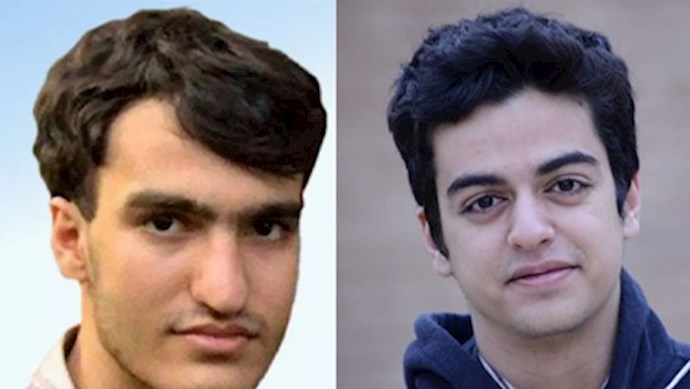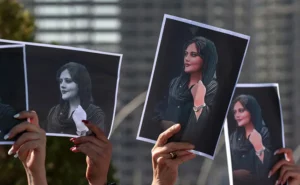Reports broke today that Ali Younesi and Amirhossein Moradi—two honors students at one of Iran’s most prestigious universities, Sharif University—have been sentenced to 16 years in prison by an Iranian court on bogus charges such as “corruption, conspiracy to act against national security and propaganda against the state.” News of these two young and gifted students unjust sentencing has rightly sparked outcry on social media and from human rights advocates.
The two young men were first violently detained in April of 2020 and accused of defacing a poster of Iran’s current Supreme Leader Ali Khamenei. However, according to the Center for Human Rights in Iran, officials in Iran’s Ministry of Intelligence worked to build an “unfounded case” against both Younesi and Moradi because of their political activities. Rather than allowing space for young students to voice their grievances, Younesi and Moradi became targets of Iran’s intelligence branch who provided false evidence, tried to force “confessions” for Iranian state television and have tried to link the students to the MEK—a banned terrorist organization in Iran that is widely abhorred by Iranians for taking Iraq’s side in the Iran-Iraq War (1980-88).
Not only were the students treated violently and beaten when detained, as Human Rights Watch reports, they have been subjected to prolonged solitary confinement, a punishment that is cruel and nothing short of torture. As HRW states, “prolonged solitary confinement may amount to cruel, inhumane, or degrading treatment that violates human rights.” Their case also shows violations of due process, months with no clear charges against them, and the inability of their lawyers to adequately access their case files.
Mostafa Nili, a well-known human rights lawyer in Iran that is representing the Younesi family, tweeted today stating that the young men were given harsh 16-year sentences and had “confessed” after 50 days in solitary confinement where they were not allowed any phone calls or access to their lawyer. While the case of Ali Younesi and Amirhossein Moradi exemplifies the many miscarriages of justice within the Iranian judiciary and intelligence sector, their youth and potential at a prosperous future further deepen the injustice of their case. Iranian authorities must abide by their human rights obligations and provide their young citizens every opportunity to excel, rather than sabotaging their future and their life.
Back to top

